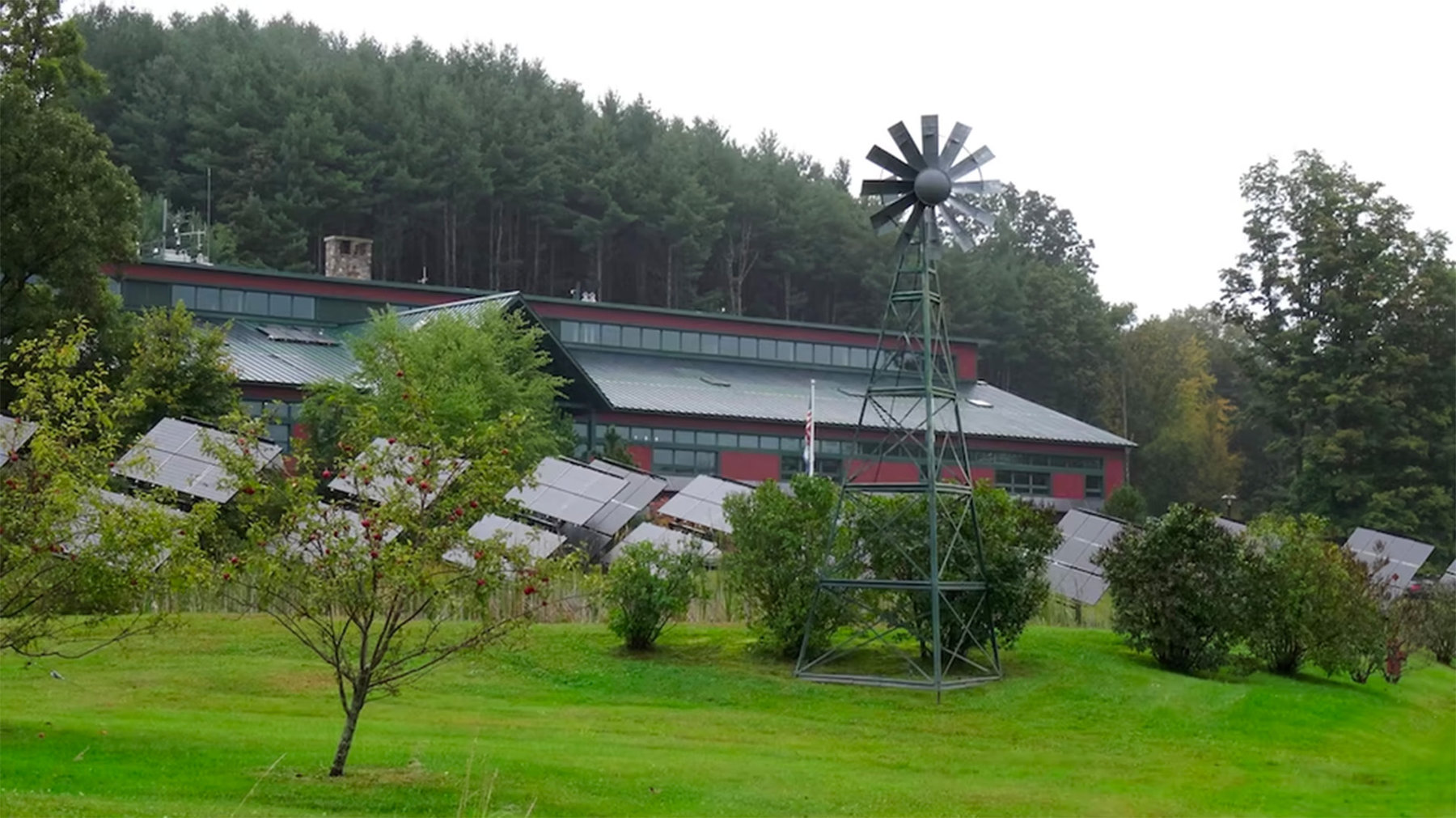Yesterday I mentioned the latest accomplishment of Burlington, Vermont. Previously the site of such implausible-sounding but actually true achievements as “an airport that is pleasant” and “a newspaper that is doing well,” it now boasted a “100% renewable” city energy supply.
A reader in China, who is himself in the clean-energy business, writes to dispute the claim—really, how much of a step forward it represents. First he highlighted these parts of the AP story about the renewable claim. The story said:
“[The local utility companies do not contend] that each of their customers’ lights comes from renewable sources all the time. When the wind isn’t blowing and the rivers are low, they will buy power from traditional sources that include electricity generated from fossil fuels.
“When the resources are right, though, they get more than they can use, and the difference is sold to other utilities. Over time, they sell more than they buy.”
The story then quoted an energy expert on the effects of the plan:
“They are selling the renewable energy credits to customers in other states. Those customers have the renewable and clean energy benefits of that power,” [one expert] said. “Simply using accounting measures to make claims about clean energy doesn’t get us there.”…
[A professor at the University of Vermont] said reaching 100 percent was a big achievement.“It definitely makes me feel better here at UVM to know that every time I turn on a light switch or fire up my computer or anything else, to know that it’s 100 percent renewable,” he said.
I hope I do not sound too didactic in pointing out that the reason we care about renewables at all is to affect (for the better) the physical world:
1. Moving an existing dam from one owner to another [which is part of what Burlington did] is an example of something that has no effect on the physical world. The buyer gets the renewable energy, the seller and its customers lose it and need to replace that lost renewable energy with something else. To claim this as any sort of improvement in the physical environment is basically just a shell game.
2. As noted in the articles, all these renewables (except perhaps the hydro) have to be backed up by non-renewables, so the net impact in the physical world is an increase in total installed net electric power generating capacity – not a decrease.
What is missing to make renewables the boon they really could be is widespread, cost-effective power storage, so that the renewables can provide power on demand without needing backup from fossil fuel plants. People are working on this. The others of us need to recognize how vital it is.
3. It is a basic rule of renewables that if you sell to someone else the renewable energy credits (or attributes) associated with your generator, then you can’t claim to have renewable energy yourself from the same generator. The reason for this is obvious – double-counting would otherwise be rampant, because the buyer of the credits is claiming to be using renewable energy as a result. What you sell to the buyer is the right to say “I am using renewable energy.” You can’t both sell that right and assert it yourself.
4. It sounds as if Burlington has cleverly tried to deal with this by a sort of renewable energy credit (or attributes) arbitrage process – buy low, sell high. So they can sell their cake and claim it, too. As a skeptic in the article correctly suggests, we are not going to improve the physical environment with accounting.
5. The delusion of the fellow turning on his computer and “knowing” that the power always comes 100% from renewables is the reason all this matters, in the real world. He’s happy, when in truth he should only be somewhat relieved at a marginal improvement and mildly appreciative of what would seem (from this article at least) to be his utility’s admirable efforts to improve conditions in the real world while considerably overstating (or over-implying/suggesting) the net real-world environmental impacts of those efforts (I think the apt word here might be “puffery”).
6. It is only the latter (the puffery) that troubles me, since I think that – society-wide – it encourages the computer-guy delusion, and makes it sound as if cleaning up our electric power supply is all going to be much simpler and less expensive than is the case. It is going to be terribly difficult, it is going to be expensive, and yet it is urgent, because the world is well along the path to being cooked. Lulling people into any sort of complacency is just plain counter-productive.
Offered for the record, as perspective on what this announcement indicates—and does not. More ahead on city- and state-level efforts to make real progress in climate and energy issues, at a time when legislative steps at the federal level seem impossible.




